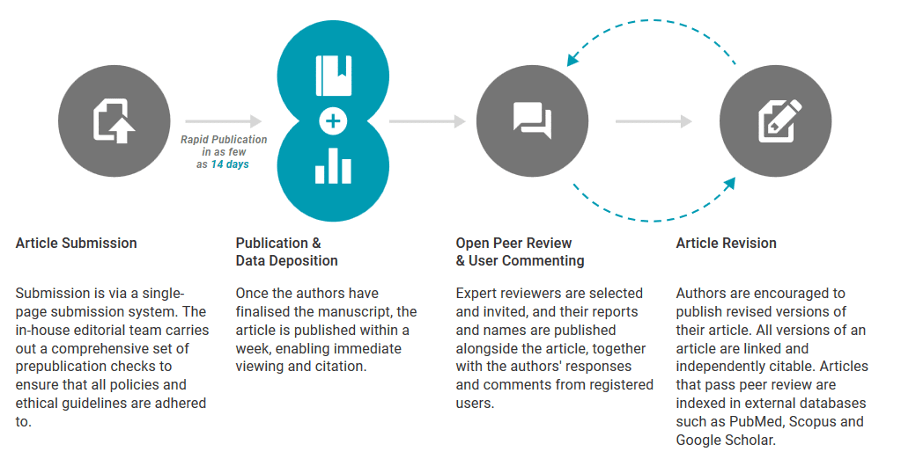The Human Behaviour-Change Project: Launch of new Wellcome Open Research collection
By CBC Digi-Hub Blog, on 11 June 2020
Written by Dr Emma Norris & Professor Susan Michie on behalf of the HBCP team
Behaviour change is key to addressing many of the challenges facing the human population (e.g. reducing carbon emissions, preventing overuse of antibiotics, stopping tobacco use and reducing transmission of infectious diseases). A huge amount of information is being gathered on how best to achieve this in different situations but we have very limited capacity to collate it, synthesise it and use it to make recommendations.
What is the Human Behaviour-Change Project?
The Human Behaviour-Change Project (HBCP) is a Wellcome-funded project aiming to support decisions about behaviour change interventions using cutting-edge Artificial Intelligence (AI). The project aims to largely automate the process of collating, synthesising and interpreting evidence from the vast and growing literature on behaviour change intervention evaluations.
The project is a collaboration between behavioural and computer scientists and system architects that aims to create an AI-based Knowledge System that will scan the world’s published reports of behavioural intervention evaluations. This system will extract and analyse relevant information on interventions and their effectiveness organised using a ‘Behaviour Change Intervention Ontology’ (BCIO), developed as part of the project. You can read more on what ontologies are and how they can be used to structure knowledge here.
The Knowledge System will answer user queries and make recommendations as to what interventions are likely to work in a given scenario. It will also outline the level of confidence in and explain the process behind its answers. The first behaviour we are investigating is smoking cessation, drawing on published reports of randomised controlled trials.
The key activities involved in the project are to develop:
- An ontology of behaviour change interventions and evaluation reports: the Behaviour Change Intervention Ontology (BCIO).
- An automated system to extract information from behaviour change intervention evaluation reports using Natural Language Processing.
- A representation of that information structured according to the BCIO.
- Reasoning and Machine Learning algorithms to synthesise this information and make inferences in response to user queries.
- An interface for computers and human users to interact with the system.
We have now completed various parts of the Behaviour Change Intervention Ontology and are publishing these as the first papers in a collection within Wellcome Open Research.
Why are we publishing this collection in Wellcome Open Research?
In behaviour change, open access to knowledge is essential to enable the development of effective interventions by researchers, policy-makers and practitioners. The establishment of effective health interventions benefits all. We want to publish our key findings in one easily accessible place, providing free access to all the outputs from the project. Wellcome Open Research is a platform where all articles are made publicly available upon submission, before a transparent peer review process and a final Open Access version.
 We are also making our methods, working papers and resources available via Open Science Framework. We would like to receive feedback on our papers via Wellcome Open Research. The HBCP is a huge undertaking and it will require involvement of much of the research community working together to advance it at the speed required.
We are also making our methods, working papers and resources available via Open Science Framework. We would like to receive feedback on our papers via Wellcome Open Research. The HBCP is a huge undertaking and it will require involvement of much of the research community working together to advance it at the speed required.
Articles included in the collection so far
Our initial launch of papers in the collection contains five papers:
- Editorial – introducing the project.
- Methodology paper – explaining the methods we used for ontology development.
- Upper-level Ontology paper – specifying the overarching structure of the Behaviour Change Intervention Ontology.
- Mode of Delivery Ontology paper – describing a part of the BCIO that characterises ways that behaviour change interventions are delivered (e.g. by face-to-face contact, websites, video)
- Setting Ontology paper – describing a part of the BCIO that characterises the locations in which interventions are delivered (e.g. what country they are in, whether they are in hospitals or primary care)
We will continue to publish papers in the collection as other parts of the project are completed, with several currently in the pipeline.
You can find more information on the Human Behaviour-Change Project on our website and Twitter.
Questions for discussion
- What are your thoughts on Open Access publishing and peer review?
- How could outputs from the Human Behaviour-Change Project be useful to your work?
Biography
Dr Emma Norris (@EJ_Norris) is a Research Fellow on the Behavioural Science team on the Human Behaviour-Change Project at UCL. Her research interests include the synthesis of health behaviour change research and development and evaluation of physical activity interventions.
Professor Susan Michie (@SusanMichie) is Principal Investigator of the Human Behaviour-Change Project, Professor of Health Psychology and Director of the Centre for Behaviour Change at UCL. Her research focuses on developing the science of behaviour change interventions and applying behavioural science to interventions. She works with a wide range of disciplines, practitioners and policy-makers and holds grants from a large number of organisations including the Wellcome Trust, National Institute of Health Research, Economic and Social Research Council and Cancer Research UK.
 Close
Close




